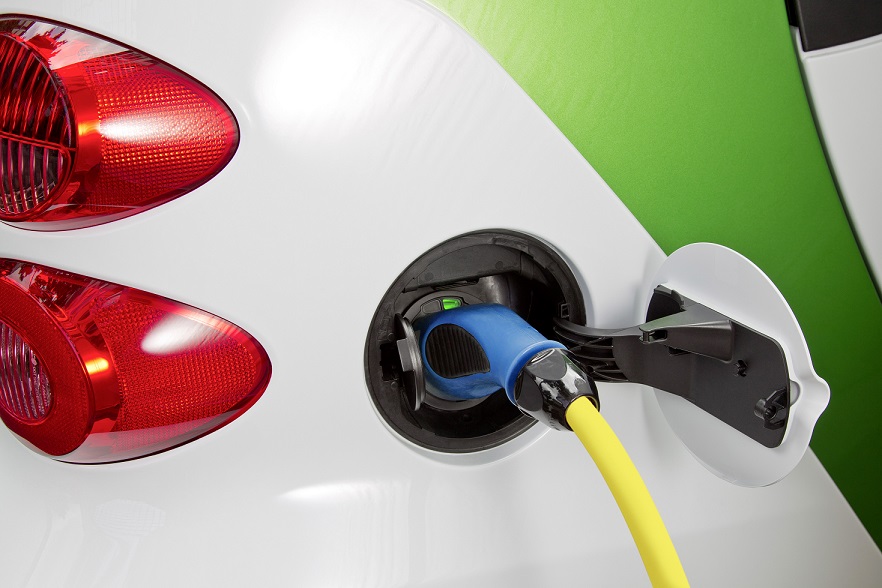EUROBAT calls for ambitious and sustainable measures in the new Batteries Regulation to boost the European battery sector
The European Commission has today published its proposal on the new Batteries Regulation (2020/353). This is a long-awaited and crucial piece of legislation that will define the framework for current and future investments in the European battery eco-system. The new Regulation will provide an updated battery policy framework in view of the essential role of batteries in achieving a climate neutral EU society by 2050. It will also contribute to the competitiveness of Europe in the context of the Green Recovery and the global battery market, estimated to be more than €130bn by 2030.
EUROBAT, the authoritative association for the European Automotive and Industrial Battery Manufacturers and supply chain, would like to underline three essential points:
- Green batteries made in Europe
Europe must be able to take the lead in designing and building the most environmentally sustainable energy storage solutions, and we appreciate that the spirit of the proposal goes in this direction. We welcome that the proposal addresses environmental issues, but also social and market realities, recognising an approach based on sustainability: batteries placed on the EU market must respect stringent environmental parameters, including high recyclability, low carbon footprint and ethical sourcing of raw materials.
However, to avoid hindering innovation in a relatively new sector, the regulation should not be too prescriptive: for instance, efforts to standardise the way battery packs are designed, as part of the EU’s planned standardisation request, would go against optimising design for high-performance, energy-efficient battery products.
- Legislative coherence and holistic approach
Batteries and substances used in batteries currently fall within the scope of the Batteries Directive, the End-of-Life Vehicles Directive, and REACH. This creates legislative overlaps, a lack of business certainty and incoherent policy directions. We therefore strongly welcome the fact that the new proposal looks at the battery sector holistically and moves towards a risk-based approach, taking into account chemicals management, occupational health and safety policies, competitiveness and sustainability.
However, the new regulation needs to be the sole reference for the legislative framework on batteries. Adaptations in this regard are needed in the new Batteries Regulation, but also in a revised End-of-Life Vehicles Directive.
- Support for the production of all battery technologies in Europe
All battery technologies – lead, lithium, nickel and sodium – are essential for society to tackle climate change and support the decarbonisation of the transport, energy, logistics, production and telecommunications sectors. Each application requires specific features, and no single battery technology can meet all the challenges of end-user demands.
We therefore appreciate that in most cases the proposal looks at the specificities of each battery technology and applications when it comes to recycling efficiency, collection and information requirements. For instance, the proposal correctly recognises that automotive and industrial batteries are collected at the end of their life, and rightly includes a continuation of the current no-losses policy in this regard.
Dr. Marc Zoellner, President of EUROBAT and CEO of Hoppecke Batteries, said:
“This proposal is an important milestone. All battery technologies and applications will be regulated by this new piece of legislation, stretching all the way from batteries in vehicles and forklift trucks to energy storage and telecommunications. European manufacturing must take a leadership role for a sustainable future, to which all battery technologies will contribute.
Following the publication of the proposal, Rene Schroeder, Executive-Director of EUROBAT, said:
“The Commission’s proposal has the potential to be a real gamechanger with its 360° policy approach. Sustainability and decarbonisation must go hand-in-hand with an ambitious industrial policy for batteries, as well as a comprehensive and technology-inclusive research and innovation framework. “
As next steps, EUROBAT and its members will analyse the proposal and proactively contribute to the debate in the European Parliament and Council on the proposed regulation, which has the potential to guarantee the future of a sound and sustainable battery industry in Europe.
MEDIA CONTACT: Gert Meylemans
+32 2 761 1653 / +32 475 565 6561
@eurobat_org https://www.eurobat.org/ linkedin.com
EUROBAT is the association for the European manufacturers automotive, industrial and energy storage batteries. EUROBAT has more than 50 members from across the continent comprising more than 90% of the automotive and industrial battery industry in Europe. The members and staff work with all stakeholders, such as battery users, governmental organisations and media, to develop new battery solutions in areas of hybrid and electro-mobility as well as grid flexibility and renewable energy storage.
